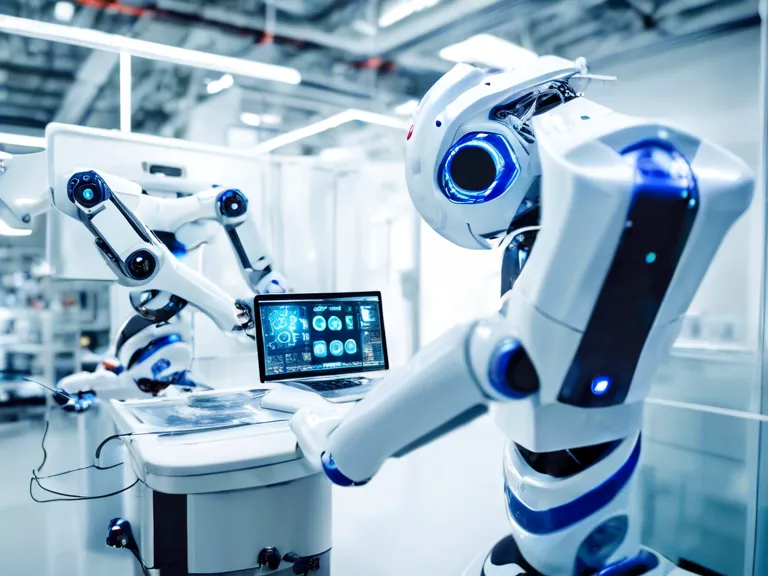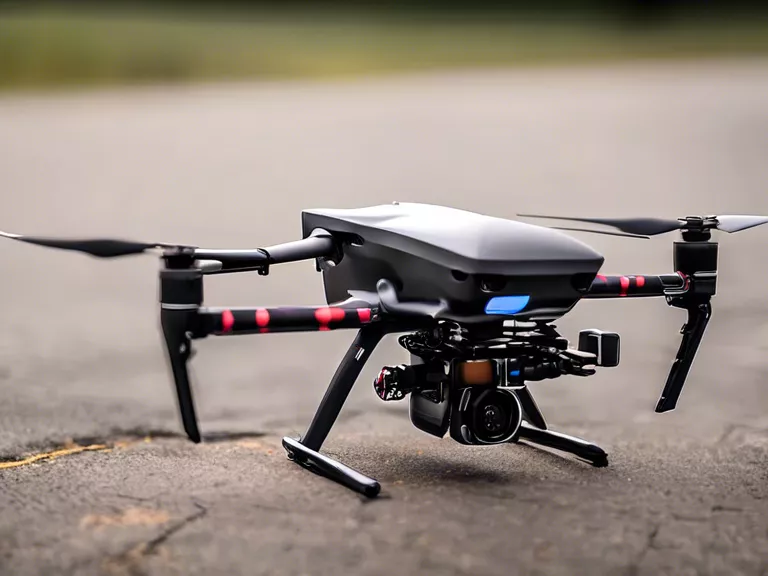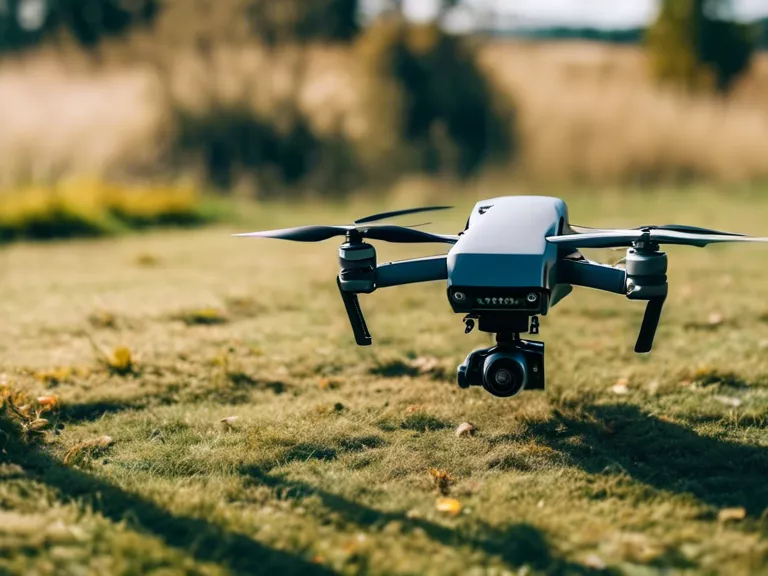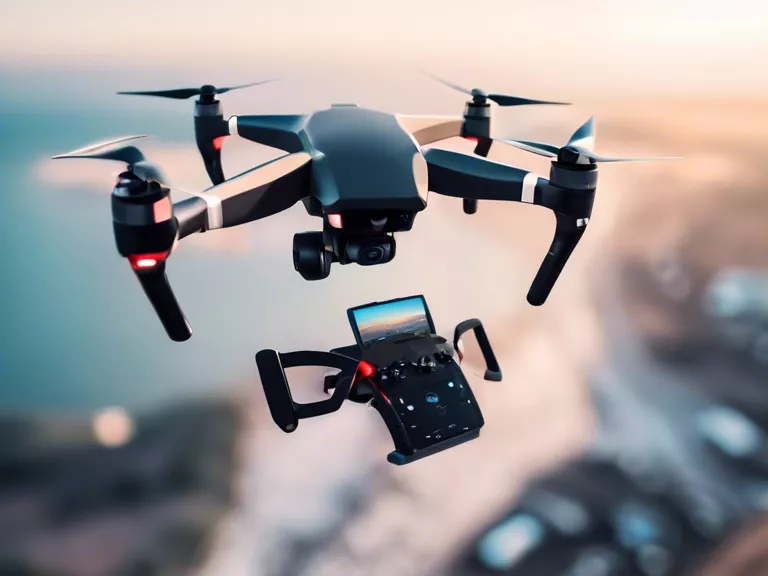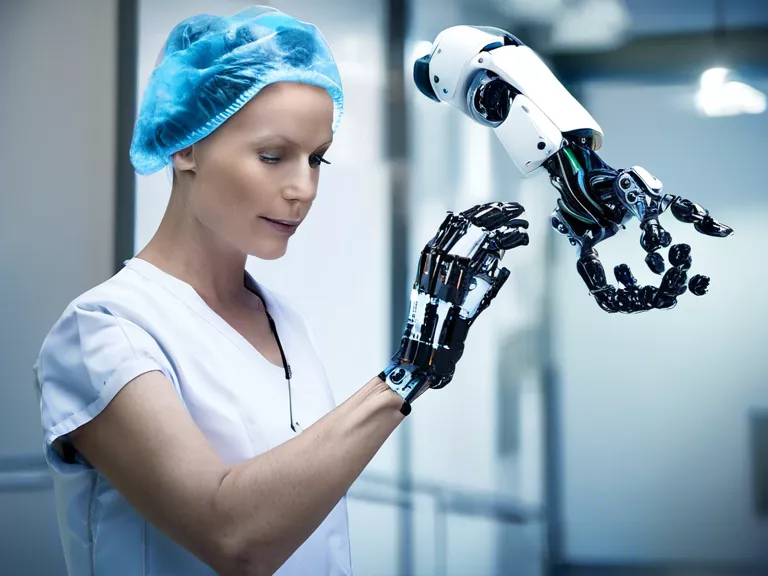
With the rapid advancements in technology, robotics is revolutionizing the healthcare and medical fields. From performing surgeries to assisting with rehabilitation, robots are increasingly becoming an integral part of healthcare services. This article explores the future of robotics in healthcare and medical fields, highlighting the potential benefits and challenges that come with this innovative technology.
One of the major advantages of utilizing robots in healthcare is their precision and accuracy. Robots can perform complex surgical procedures with greater accuracy than human surgeons, reducing the margin of error and improving patient outcomes. Additionally, robots can be used to assist healthcare professionals in tasks such as patient monitoring, medication dispensing, and physical therapy, allowing for more efficient and effective healthcare services.
Another potential benefit of incorporating robotics in healthcare is the ability to provide care to remote or underserved areas. Telemedicine robots can connect patients with healthcare providers virtually, enabling access to quality healthcare services regardless of geographical location. This can help bridge the gap in healthcare disparities and improve overall patient outcomes.
However, the integration of robotics in healthcare also comes with its own set of challenges. Concerns around data privacy and security, as well as ethical considerations regarding robot autonomy and decision-making, need to be addressed to ensure the safe and responsible use of robotics in healthcare settings. Additionally, the high cost of robotic technology may limit its accessibility to smaller healthcare facilities or developing countries.
Despite these challenges, the future of robotics in healthcare and medical fields is promising. As technology continues to evolve, robots have the potential to revolutionize the delivery of healthcare services, improve patient outcomes, and enhance the overall quality of care. By addressing the challenges and harnessing the potential benefits of robotics, the healthcare industry can embrace this innovative technology and pave the way for a healthier future.
